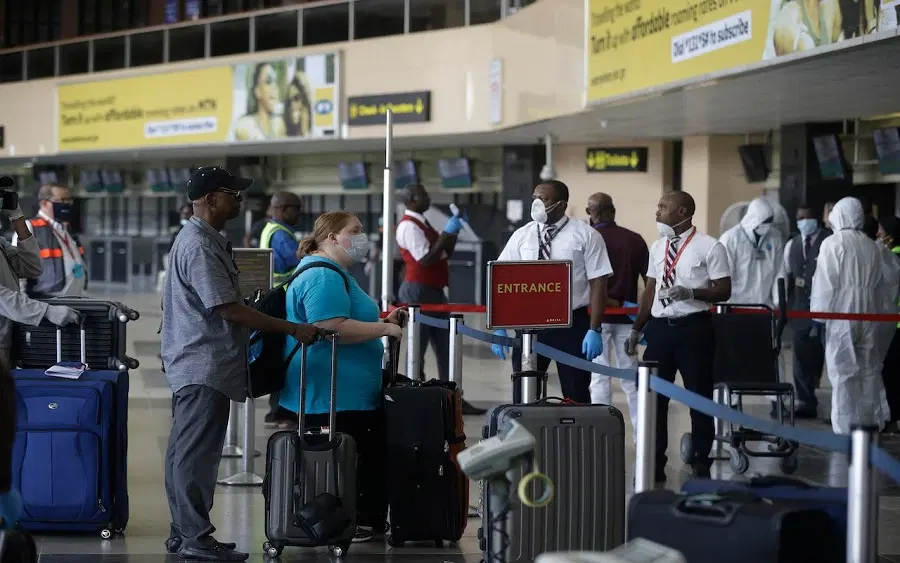Spending on foreign air travel by Nigerians fell sharply by 30% in two years, plunging to $2.66 billion in 2024 from $3.78 billion in 2022, reflecting the devastating impact of currency devaluation, inflation, and economic hardship.
Data from the Central Bank of Nigeria (CBN) revealed that air travel expenses dropped by 18% year-on-year in 2023 and a further 14% in 2024, a stark contrast to the 255% surge recorded between 2020 and 2022.
Aviation experts attribute the downturn to the 244% depreciation of the Naira—from N450.71/$1 in early 2023 to N1,553.73/$1 in 2024—alongside soaring inflation, which reached 34.8% in 2024. The resulting squeeze on consumer income has forced many Nigerians to shelve foreign travel in favour of essentials like food and shelter.
Managing Director of Aero Contractors, Capt. Ado Sanusi, noted that the aviation sector has been hit by a combination of high operating costs, forex scarcity, and weakened consumer spending. “The middle class has lost significant purchasing power,” he said. “Air travel has become a luxury.”
Analysts also point to tougher immigration policies in key destinations like the UK, US, and Schengen Zone, as well as the removal of Nigeria from some visa-on-arrival schemes, as contributing to the fall in international travel demand.
Funmi Adebowale of Parthian Partners said naira depreciation alone accounted for nearly 50% of the decline. She warned that until real wages grow and inflation subsides, travel demand will remain suppressed. Still, she expressed cautious optimism about 2025, citing foreign exchange reforms and local production of aviation fuel.
However, others like Dr. Rex Okunor of Afrowings Aviation and aviation analyst Olumide Ohunayo painted a bleaker picture, warning that unless macroeconomic conditions improve drastically, the trend may continue into 2026.
As Nigerians continue to grapple with economic realities, the aviation sector, once a symbol of upward mobility and global aspiration, may increasingly become out of reach for the average citizen.




